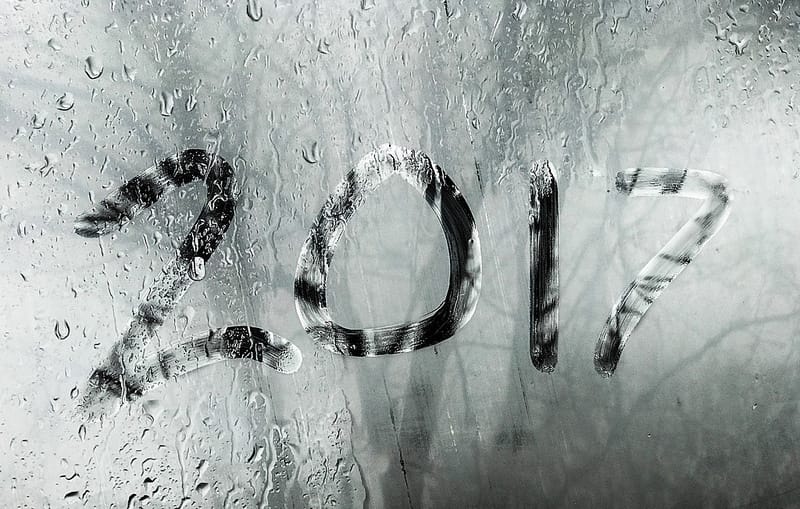| Much of the nation seems to be approaching 2017 warily, even gloomily. We wonder what side to take in the great transitional Twitter war between the president and the president-elect. We worry what Vladimir Putin may have up his sleeve and whether Washington’s secret retaliation for alleged attacks on our election system will do anything other than backfire. We view China’s leaders with almost as much suspicion |
| | as we view Donald Trump’s tweets that seem to goad them. The stock market may be climbing higher, but we know gravity has an inevitable, and often abrupt pull. Brexit has yet to hit England and the world. Jihadists haven’t announced they are giving up and going home. For many, the New Year sits on the horizon like a giant roulette wheel, and someone else already has chosen a color and a number and wagered our collective fortunes. Well, take a chill pill, captain pessimist. We all have two things going for us. First, New Year’s Day predictions (predictions in general, actually) have proven notoriously incorrect. Second, Americans are, despite it all, an irrepressibly optimistic lot. To understand that second assertion, you need go no farther than the U.S. Patent and Trademark Office. While full-year statistics are not yet available, there were 168,077 new patents issued during the first six months of 2016 alone. That’s an awful lot of ideas from a lot of dreamers. A press release from the patent office said the U.S. continues to lead the rest of the world in the number of patents filed, with 109,353 in the first half of the year. It isn’t even close. Second place Japan had 24,200. China, with its emerging economy, saw 4,830 filings. France had 2,202. This may be the most important statistic when it comes to gauging a nation’s spirit. As Rep. Pete Olson, R-Texas, wrote in an op-ed for The Hill four years ago, “The initiative and creativity of these entrepreneurs feed us, clothe us, and revolutionize how people across the globe communicate. Initiative and creativity are responsible for the historic strength of our economy and the vast majority of jobs created in the United States.” OK, so sometimes even politicians can get things right. Only an optimist would try to invent something new to improve society. People and corporations wouldn’t be filing patents if they didn’t still dream of better (and more profitable) futures, and the United States seems to still have the political and regulatory atmosphere needed to turn dreams into reality. But what about all those awful things out there, you ask? Yeah, those are real, and they will challenge our best thinking. But a nation that fosters hundreds of thousands of new ideas each year has a fighting chance to find solutions — even ones that rise to the top despite corruption, special interests or natural disasters. As good as they are at imagining new ideas, Americans are mostly horrible at predicting the future. We are familiar with quotes through the year by experts predicting that everything useful already had been invented, that television was a fad or, my personal favorite from the head of the Lewyt Vacuum Cleaner Co., in 1955, that, “Nuclear powered vacuum cleaners will probably be a reality within 10 years." Years ago I noted how an artist for Collier’s Weekly drew a rendition in 1900 that predicted life in 2001. It showed commuters floating through the air on carriages powered by hot-air balloons. Cables linked skyscrapers, allowing people to travel on strange-looking trollies. One sign advertised, "Wireless telephone, local and European." Another said, "Quick lunch: compressed food tablet," and yet another said, "Youth restored by electricity while you wait." Most of it was ludicrously wrong. But that bit about wireless telephones was pretty darned good. That’s the point about dreams and patents. We can’t get to the future unless we imagine it first. Collier’s Weekly may have been a bit off on the details of modern life, but it got one thing right: The future was a brighter place than life in 1900. With so many people out there imagining even better things for our future, how could you approach 2017 with anything but optimism? |


 RSS Feed
RSS Feed

